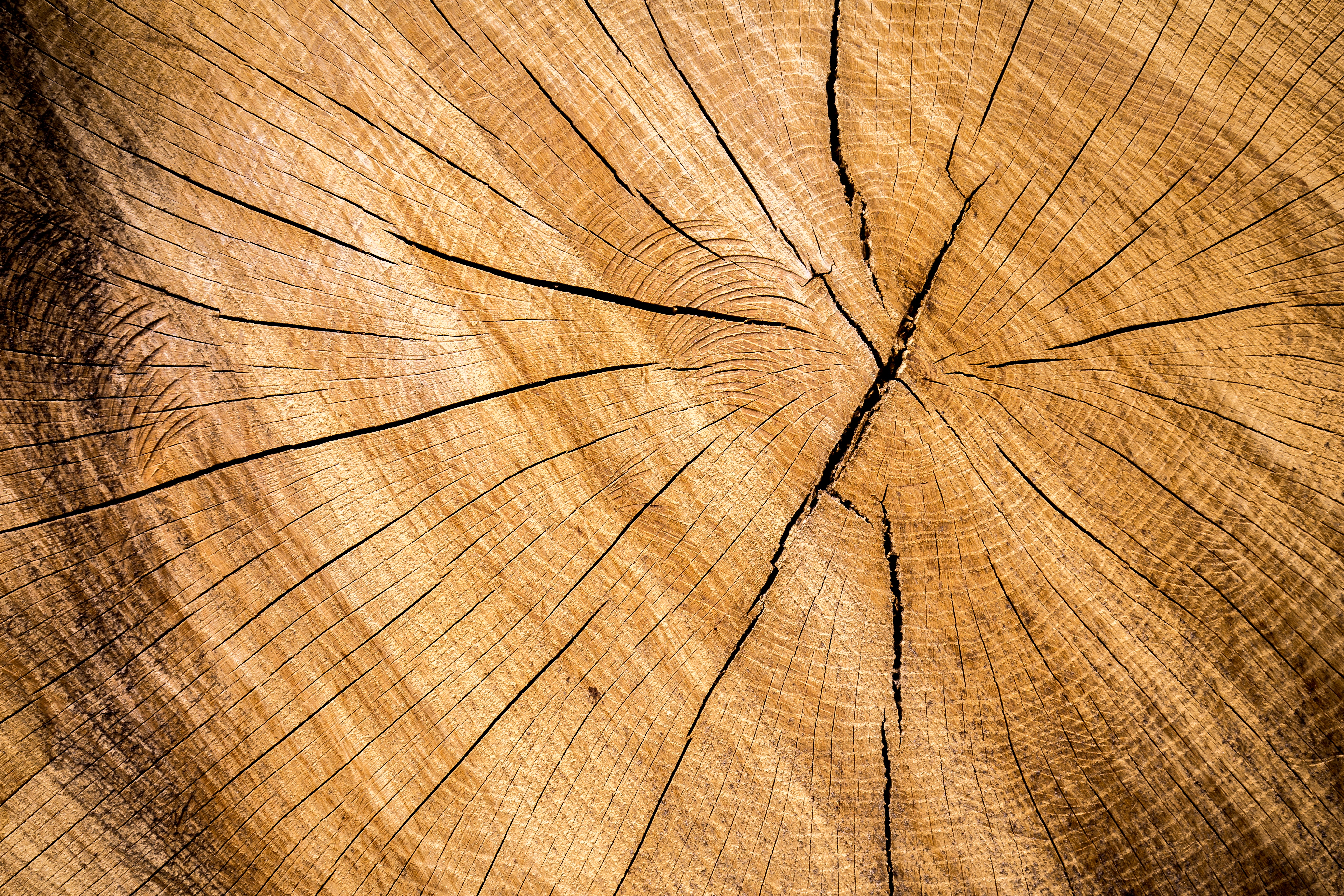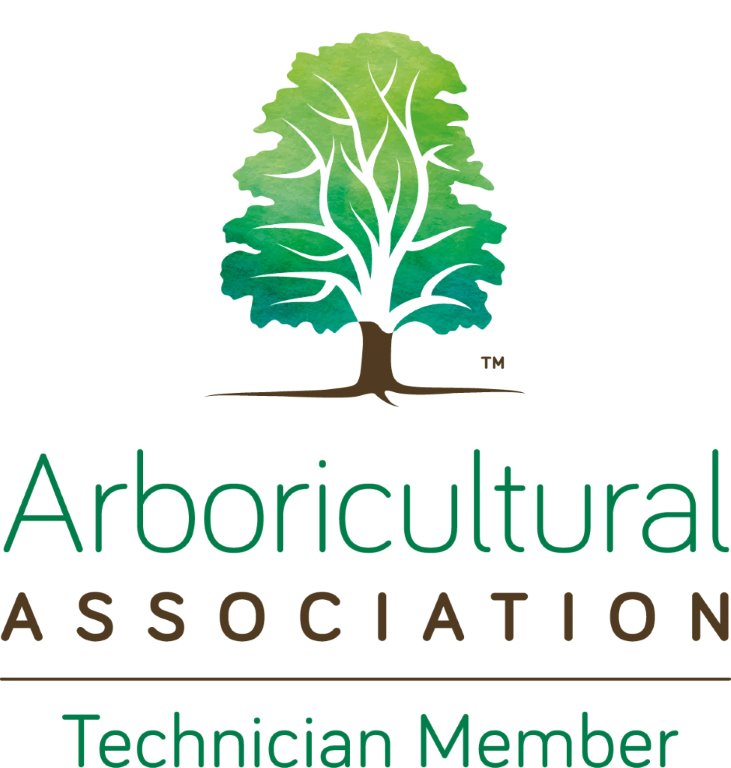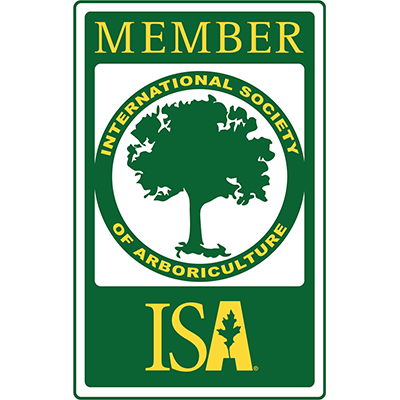Environmental Policy
Redwood Tree Services Ltd is committed to minimising the impact its activities have on both the local and global environment by taking all possible steps to prevent pollution, to avoid damage to habitats, and to reduce its carbon footprint.
General Policies
Redwood Tree Services Ltd and its workforce are committed to meet or exceed all relevant legal requirements, Environmental Legislation Standards and Codes of Practice.
We take all steps to minimise risks to employees, customers, the public and also to wildlife.
We continually reassess our Environmental Policy to respond to and incorporate new ideas.
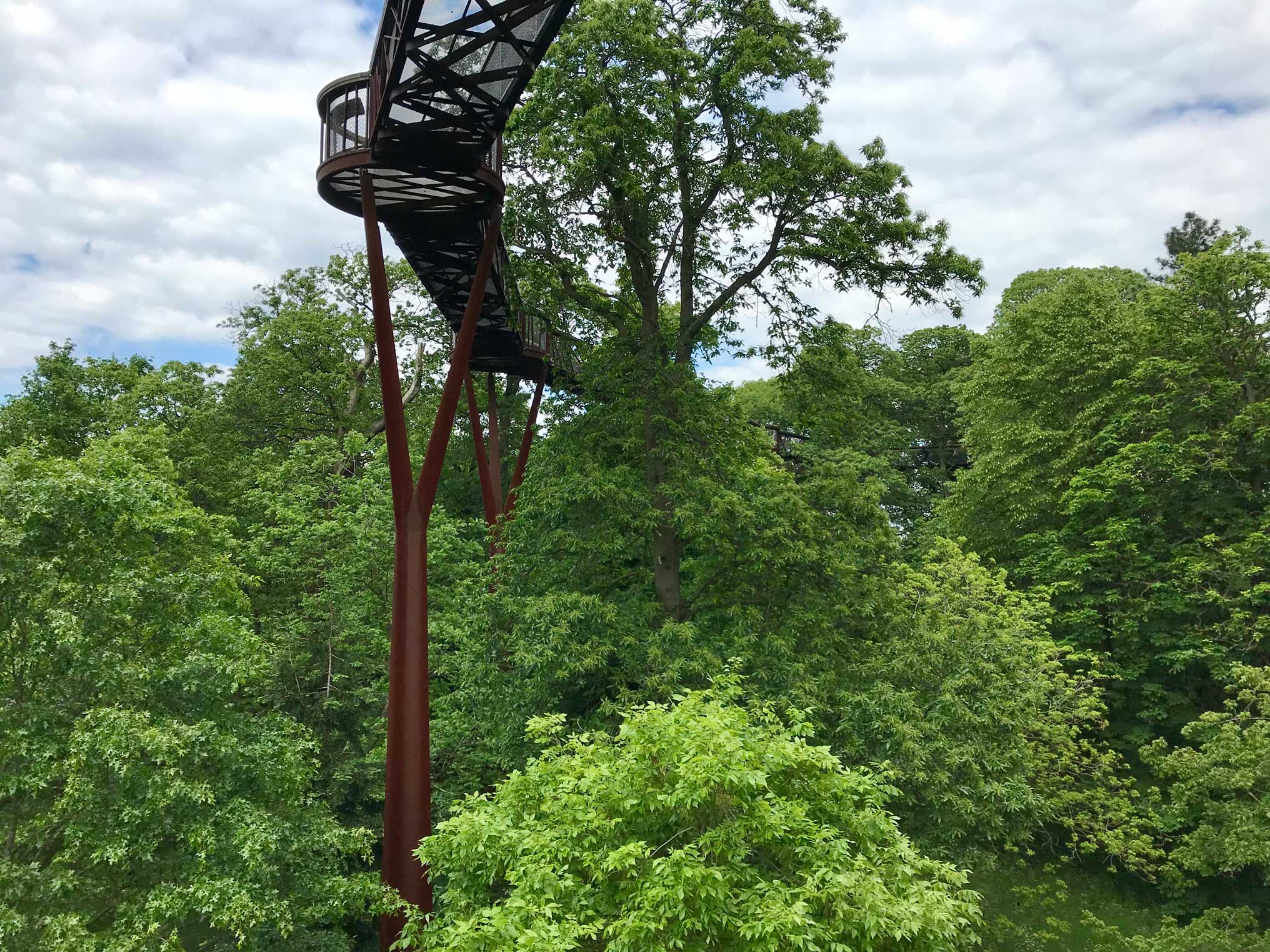
Habitat
Nesting birds and their nests and eggs are protected by law. Many other species such as bats and badgers are also protected. We undertake a Bat Presence Survey prior to felling possible habitats. We inform our clients of any protected species which prevent work from being undertaken.
We promote reduction rather then removal of trees where possible, and also encourage re-planting.
Where possible we leave habitat piles (hibernacula) or dead stems (monoliths) to encourage diversity of wildlife, and minimise the impact on the local fauna.
We encourage our customers to install bird and/or bat boxes where appropriate, and will hang these for no additional charge if working on the tree.
Timber Arisings
We promote the re-use of waste materials. Trunk wood is seasoned and used for firewood. All woodchip is screened and sold to Bord Na Mona as bio mass fuel. All wood of a suitable grade is milled and dried for future use in the manufacture of furniture and timber structures.
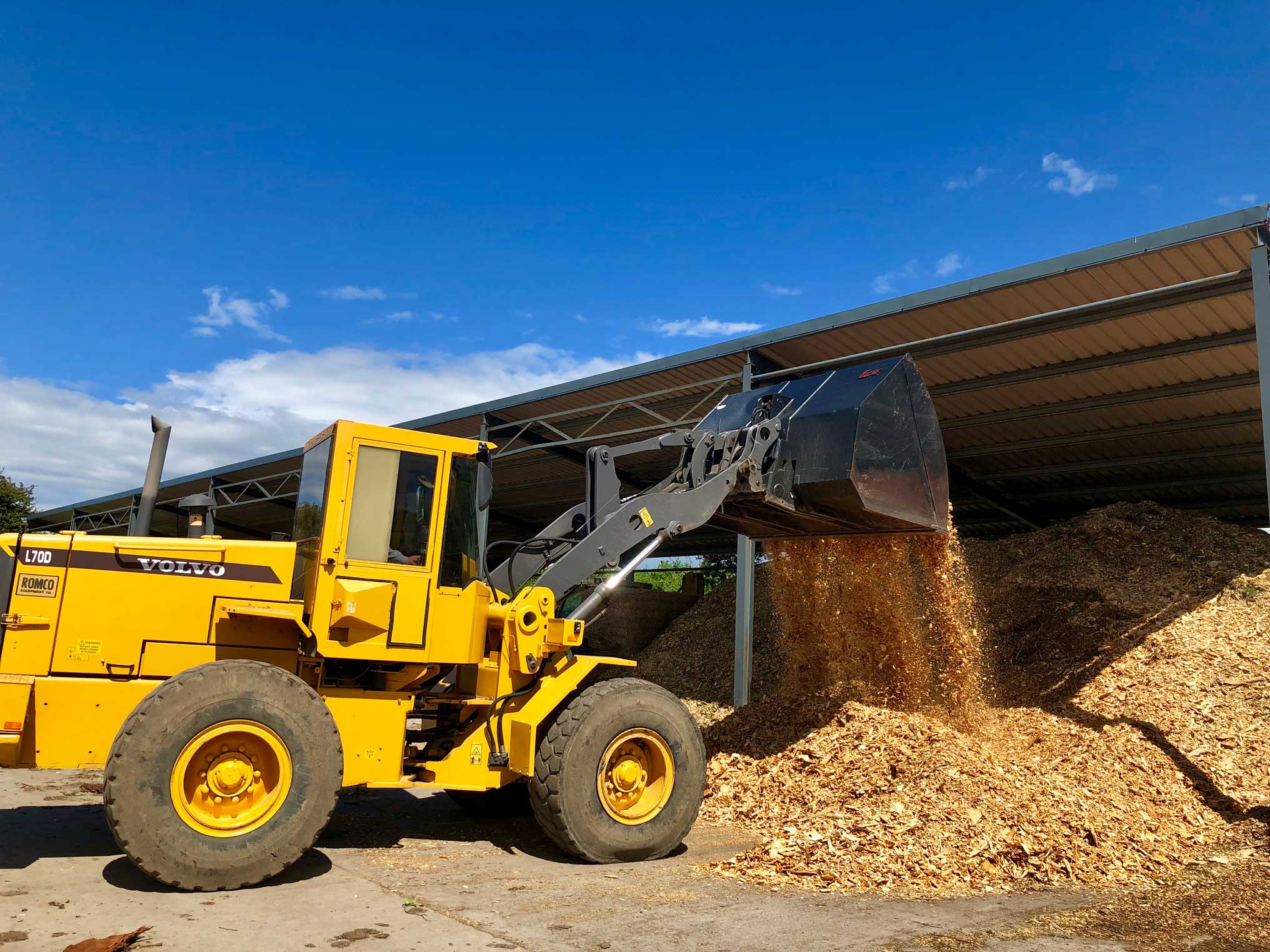
Carbon Footprint
We aim to minimise energy wastage, and reduce our carbon footprint, by using the most efficient routes for travel, and the most appropriate vehicles for each job.
Vehicles and machinery are not left with the engines idling when not in use. We correspond via email where possible and are working towards a paper-free office.
Electric Chainsaws
We have recently invested in a number of electric chainsaws which are highly efficient with the great benefit of being far less noisy than a traditional fuel powered chainsaw, thus avoiding noise pollution. These saws are generally used in the pruning of street trees in a town setting. As these saws are battery powered they are much more environmentally friendly.

Environmentally Friendly Fuels
The use of Aspen fuel in our traditional chainsaws is a step towards reducing pollution. Specialist Aspen fuel or Aspen alkylate petrol contains 99% less harmful hydrocarbons compared to regular petrol. This means that the exhaust fumes become much cleaner and health risks are dramatically reduced. Compared to regular petrol, Aspen alkylate petrol gives out a substantially reduced amount of substances which contribute to acidification, as well as lowering the formation of ground level ozone which is harmful to humans, animals and plants.
Biodegradable chain oil is also used.
There are spill kits supplied in every truck.
Working near watercourses
When working near watercourses Redwood Tree Services follow the guidelines set out but Inland Fisheries Ireland in order to comply with the provision of the Fisheries Acts and Habitats regulations. The following guidelines are adhered to;
Best practice at all times will be followed
Trees will be felled in the direction away from the channel
There will be no drainage into the channel of any materials associated with the works
Care will be taken not to disturb the settlement area near the channel
Any refuelling of machinery will take place in a designated area which is far removed from the river. This will take place in a controlled manner.

Biosecurity in Arboriculture
Biosecurity is a set of precautions to prevent the introduction and spread of harmful organisms - pests, pathogens, or invasive species.
Examples:
Dutch Elm Disease
Horse Chestnut Leaf Miner
Oak Processionary Moth
Asian Lognhorn Beetle
Sweet Chestnut Blight
How are these pests, pathogens and invasive species
Human activity is a key factor in the spread of harmful organisms, pest, pathogens and invasive species. Originally these may have been introduced unwittingly to a country by the travelling public. They may now be spread through soil, tools, arising of agriculture and arboriculture.
Biosecurity Measures
Recognising the importance of biosecurity in arboriculture and adhering to good industry practices.
Carry out biosecurity risk assessment
Continued training and awareness of pest, pathogens and invasive species and biosecurity measures
Promote tree health and build resilience
Plant passports - material which hosts the most serious pests and pathogens requires a plant passport to facilitate its movement
Use good suppliers - purchase from reputable nurseries with species ideally grown in Ireland
Carry out preventative measures, such as disinfecting equipment and appropriately disposing of arisings.
